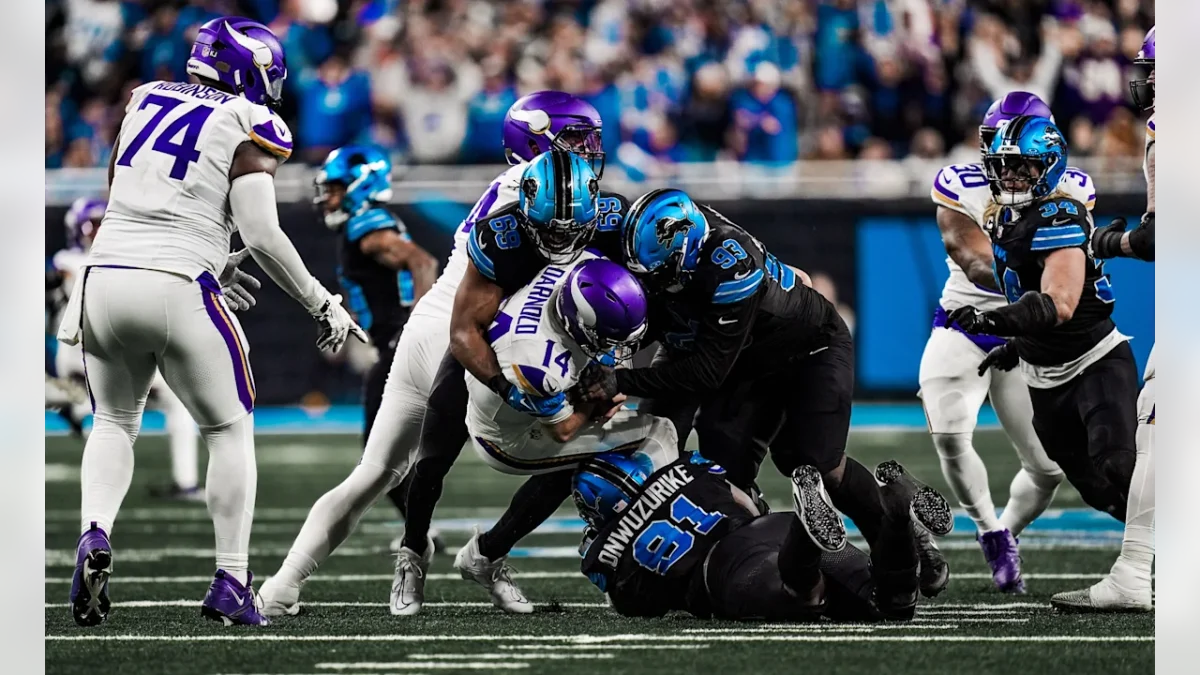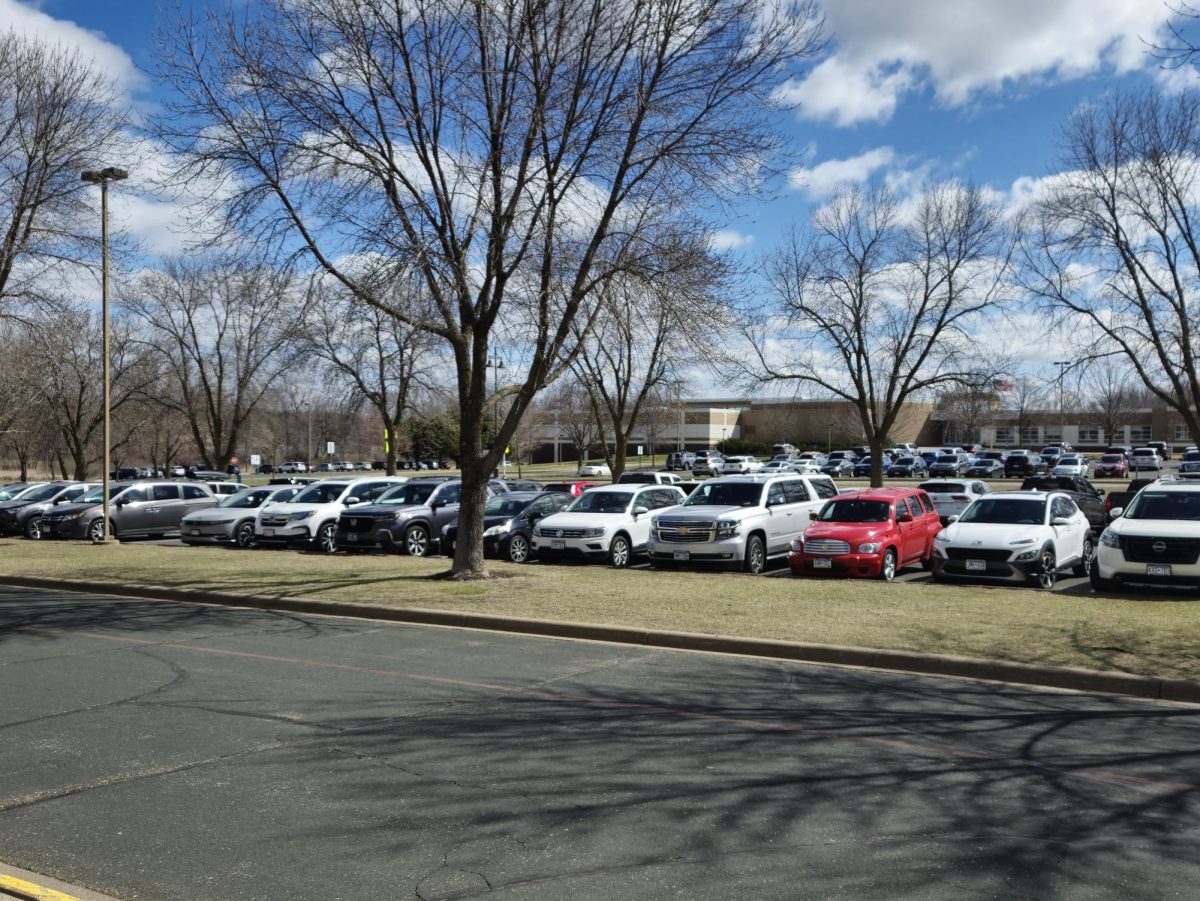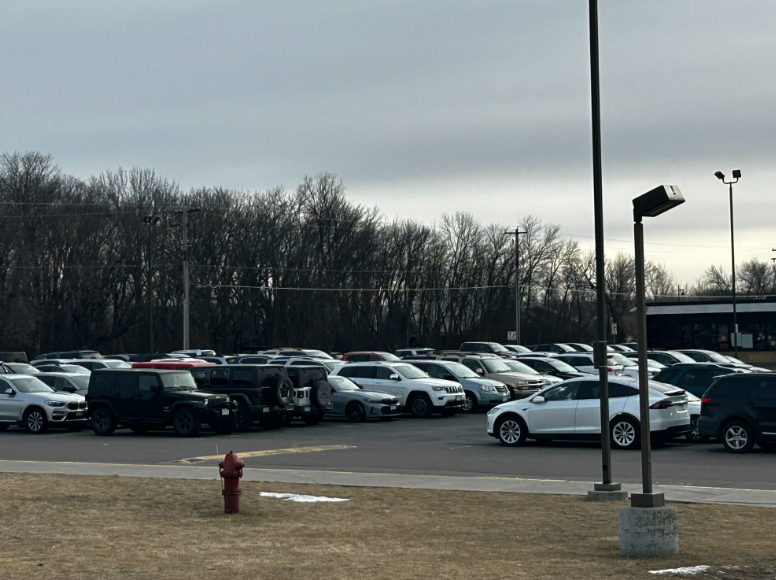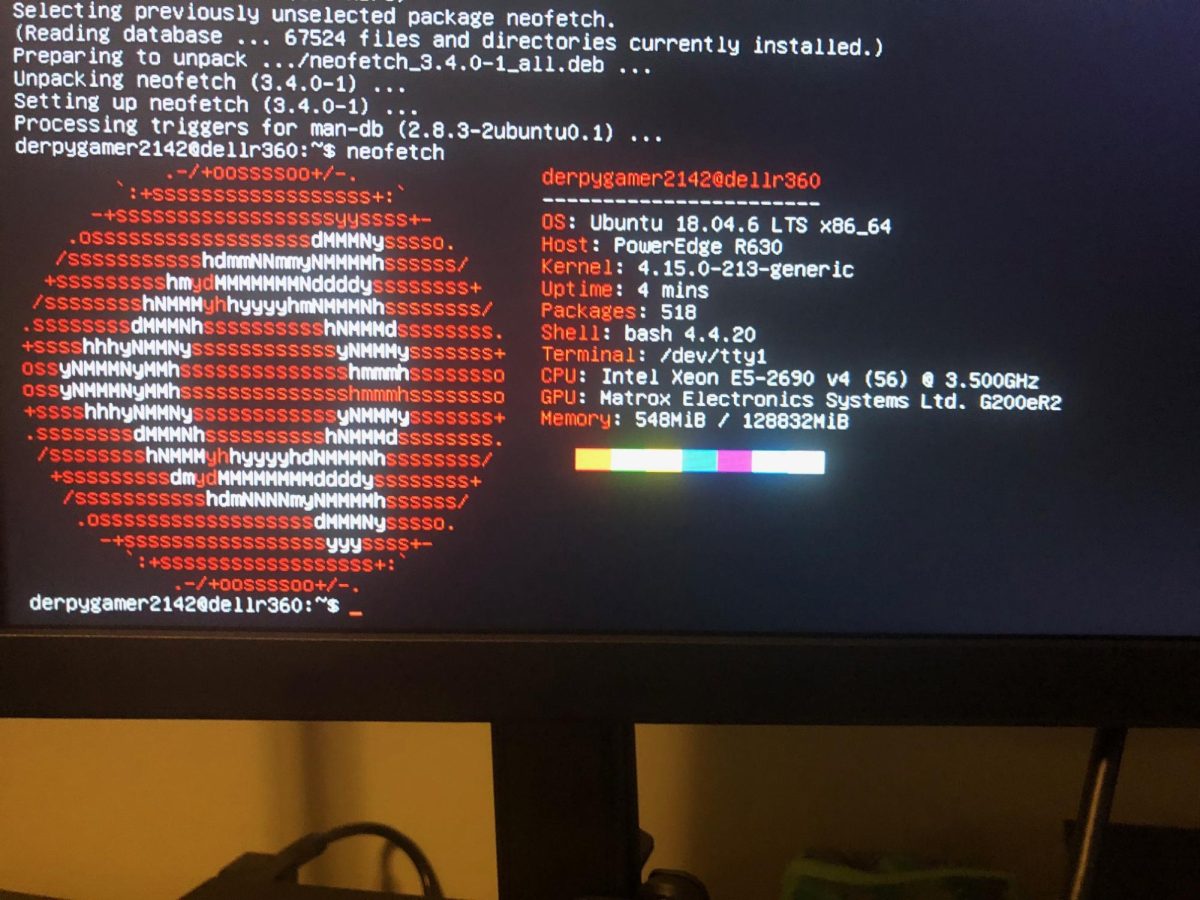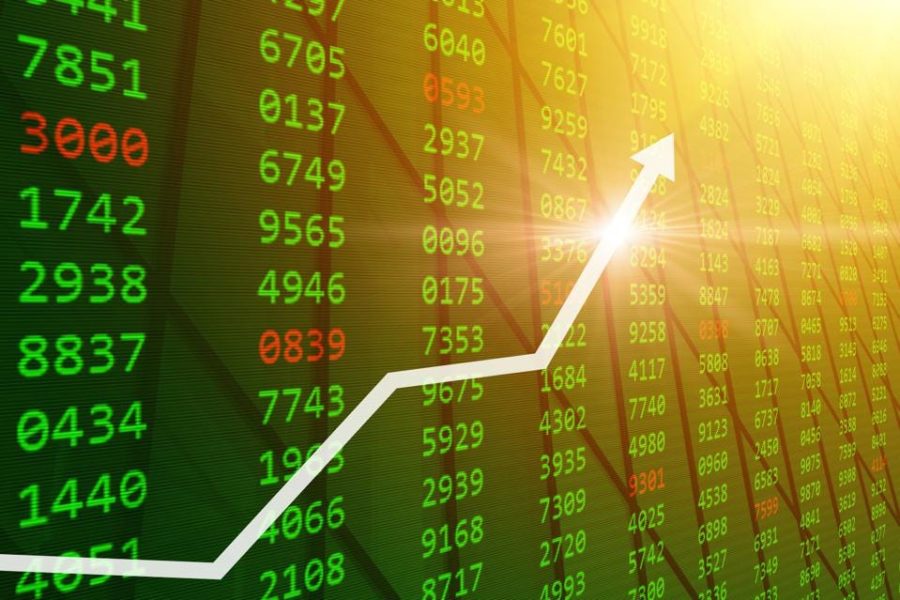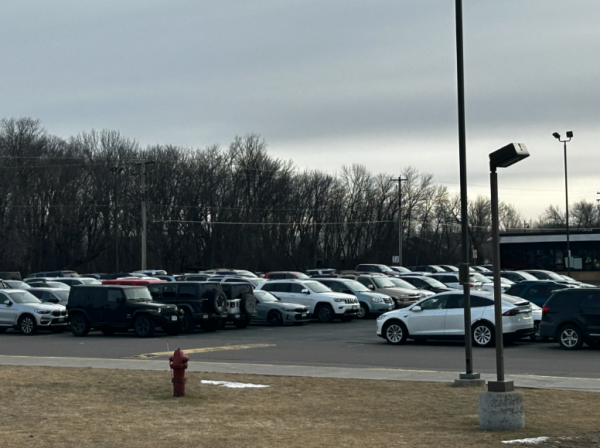Stock Buybacks: The Cancer on our Economy
Stocks are the cancer for our economy.
The Great Depression created many depriving economic practices, but none were as bad as stock buybacks. When stocks began to go under, shares plummeted and fortunes disappeared overnight, something had to be done. The CEOs of many large firms started buying back shares of stock from investors, artificially inflating share price and creating some stability in a time of economic calamity.
This practice did not last long, however, and in 1934, the Securities and Exchange Act was passed to limit buybacks, along with other dangerous financial practices. These laws were left untouched until 1982 when Ronald Reagan appointed former investment banker John Shad to the SEC chairman. Shad immediately implemented Reaganomics – the belief in little government regulation in the economy. He essentially threw out all the protections provided by the 1934 Securities act. This made it legal to buy back stocks, which corporations took advantage of.
Since 1982, buybacks have been rising and are an ever-growing share of corporate profits. According to the Academic-Industry Research Institute, in 1982, .5 percent of profits were spent on buybacks, compared to today when 65 percent of profits are spent on buybacks. This creates a whole host of issues, including less money for research and development, less spent on wages and more focus on driving up the share price. Driving up the share price is not a bad thing and would traditionally be caused by a new product release or higher sales number, but now it is done to the chagrin of many lower-level employees, whose lack of raises and job cuts pay for these share buybacks.
Before 1982, there were few ways a company could artificially raise their stock price, so they relied on innovation and beating out their competitors. This practice rewarded CEOs and other C-level executives, whose salaries were often tied to share the cost, invested in research and development and improved workers’ conditions and productivity. After 1982, all that was necessary for executives to jack up stock prices was to spend liquid cash on buying back shares, therefore creating artificial scarcity and driving up the share price. Since this practice began, executives no longer need to better the company to increase their salary, instead, they can take the easy route and buy back shares.
Share buybacks deprive companies of liquid cash and often they have to make cuts in jobs, which is what happened in Lordstown, Ohio. Lordstown was home to a GM plant that existed for decades, but when GM announced they were making an over 5-billion dollar buyback, shortly after that, they closed the Lordstown plant to cover the costs. Not only did this cost hundreds to lose their jobs, but it also sent ripples waves through the tight-knit community of Lordstown. Due to the shutdown, plans for a new hospital were scrapped, stores in the community shut down and a massive decrease in funding for the local public school. Alyssa Brookbank, a special education teacher in Lordstown, called it “traumatic.”
Not only is this devastation seen on the local level, nationally, but workers have also seen little change in their material condition. According to the Economic Policy Institute (EPI), net productivity grew 59.7 percent from 1979-2019, while a typical worker’s compensation grew by 15.8 percent. Previously, productivity and remuneration grew together, enriching shareholders and workers. The disconnect between the two is staggering.
Before the decriminalization of stock buybacks, CEOs earned 15 times as much as average worker compensation; now “CEOs were paid 351 times as much as a typical worker in 2020,” according to the EPI. Stock buybacks affect much more than just CEO compensation because of their artificial pumping of the economy; wealth inequality has exploded to rates seen only before the Great Depression and French Revolution.
According to the Center on Budget and Policy Priorities, “the best survey data show that the share of wealth held by the top 1 percent rose from 30 percent in 1989 to 39 percent in 2016, while the share held by the bottom 90 percent fell from 33 percent to 23 percent”.
Wealth inequality this severe can cause an economy to stall because of a lack of consumer spending power due to extreme wealth consolidation at the top.
Moreover, the economy and stock market have become exceedingly separated, as “20.5 million people lost their jobs in April(2020), the S&P 500 stock index logged its best month in 33 years.” stated the New York Times.
There is currently zero connection between a booming stock market and a prosperous economy. While Wall Street has been pushing higher and higher, many American people find it hard to maintain a decent lifestyle. In 2019, CareerBuilder found that 78 percent of U.S. workers live paycheck to paycheck, which is abysmal for the wealthiest country ever to exist, especially considering that many poorer countries have far better living conditions for their workers.
The current and historical damaging effects of stock buybacks are becoming more prevalent, causing lasting harm in all sectors. Stock buybacks were created by the wealthy during the great depression to hold onto any last bit of wealth instead of hiring more workers. Since the Reagan administration legalized them in 1982, there has been a dramatic and noticeable separation between worker productivity, income and overall wealth inequality.
Previously, from the 30s until the 80s, these three were nearly parallel, with every economic class growing. There are drastic differences between the pay of a CEO and the average worker, up to a 20 times larger gap than before stock buybacks. These buybacks strip corporations of liquid cash and limit their ability to increase wages and innovate, along with having adverse effects years down the road.
The criminalization of stock buy can create a more equitable and fair economy and the distribution of wealth can happen as intended by capitalism. Stock buybacks are an existential threat to the security of our economy and without action, will stall the current financial system.























